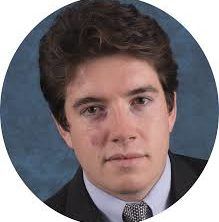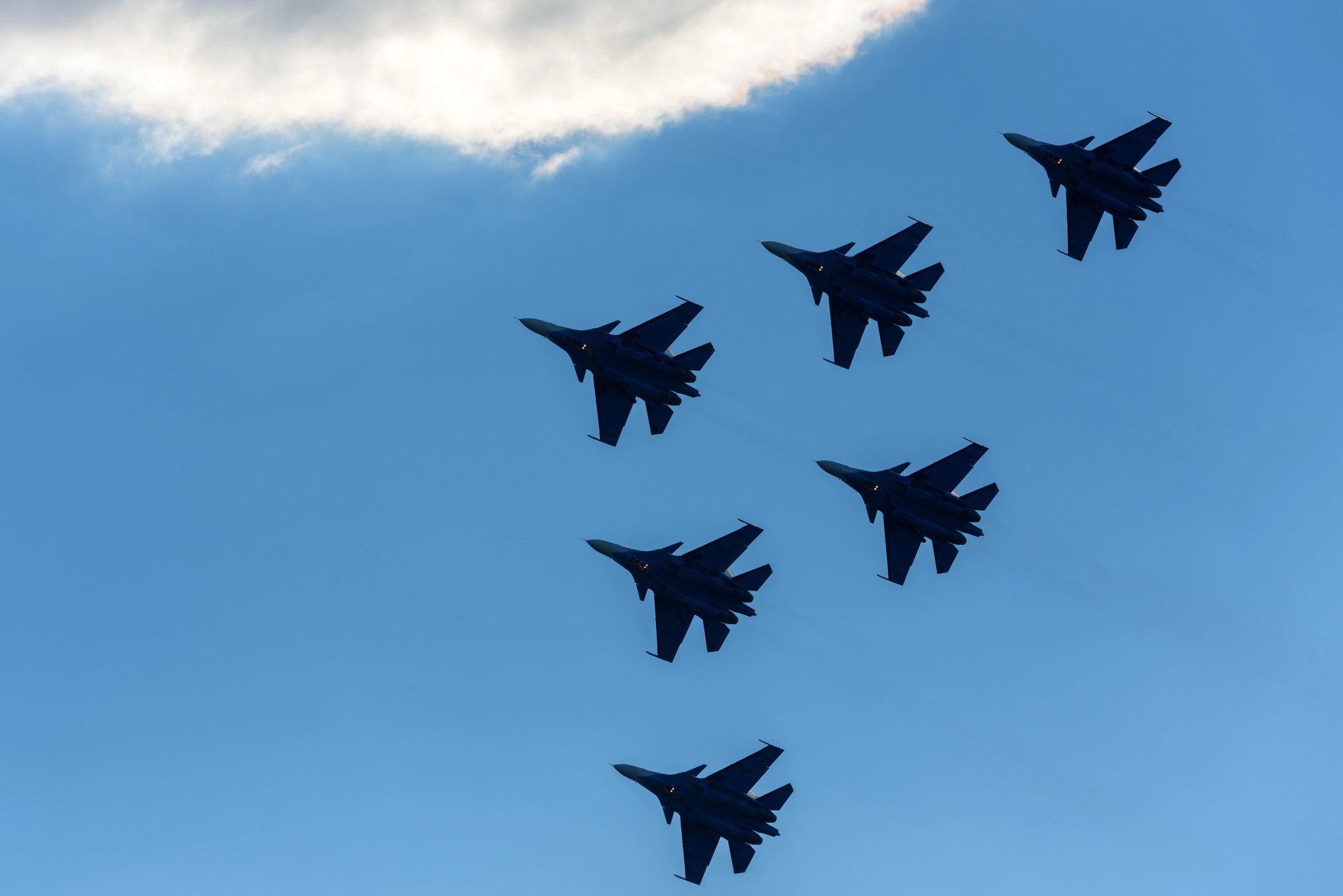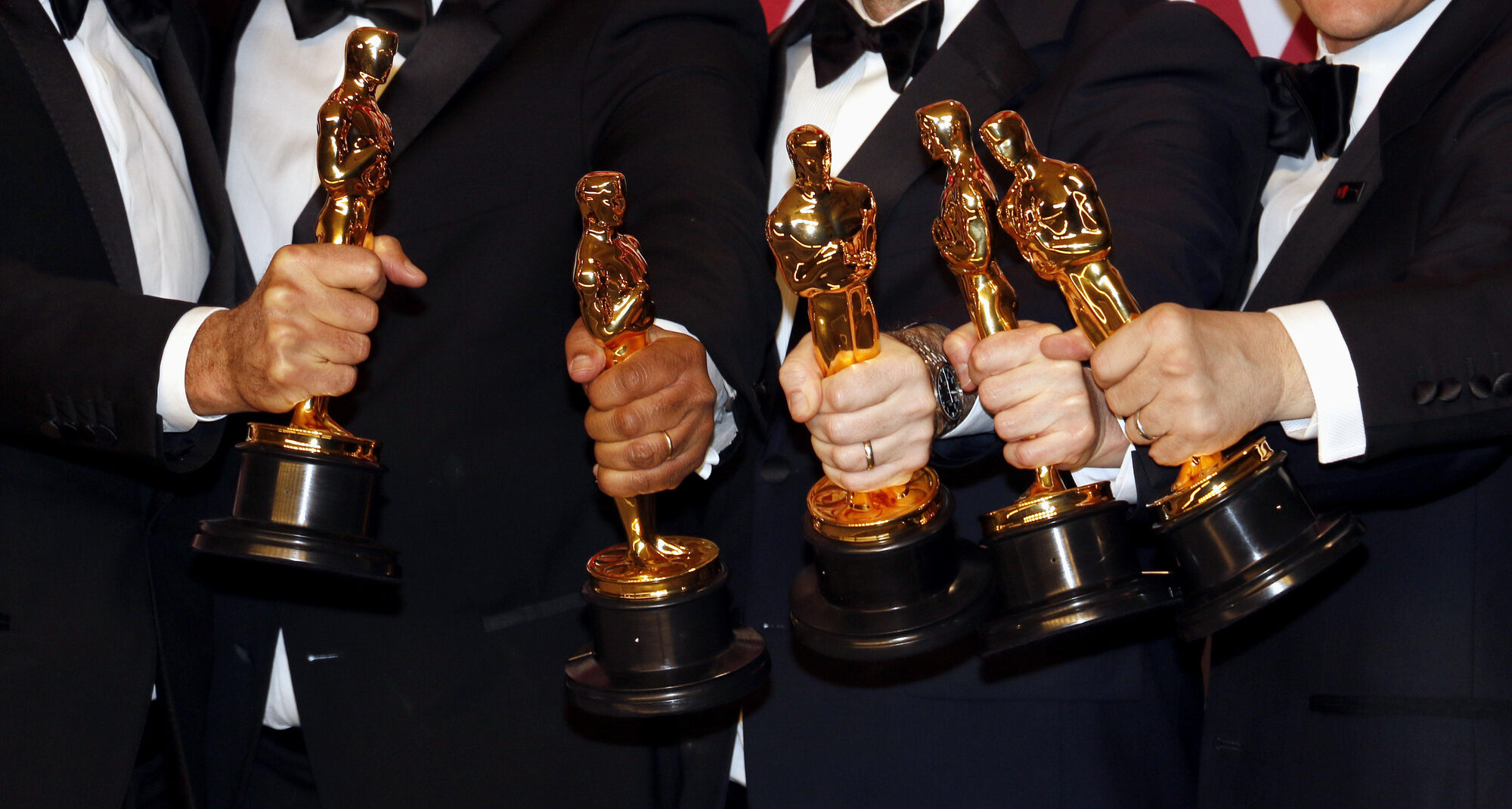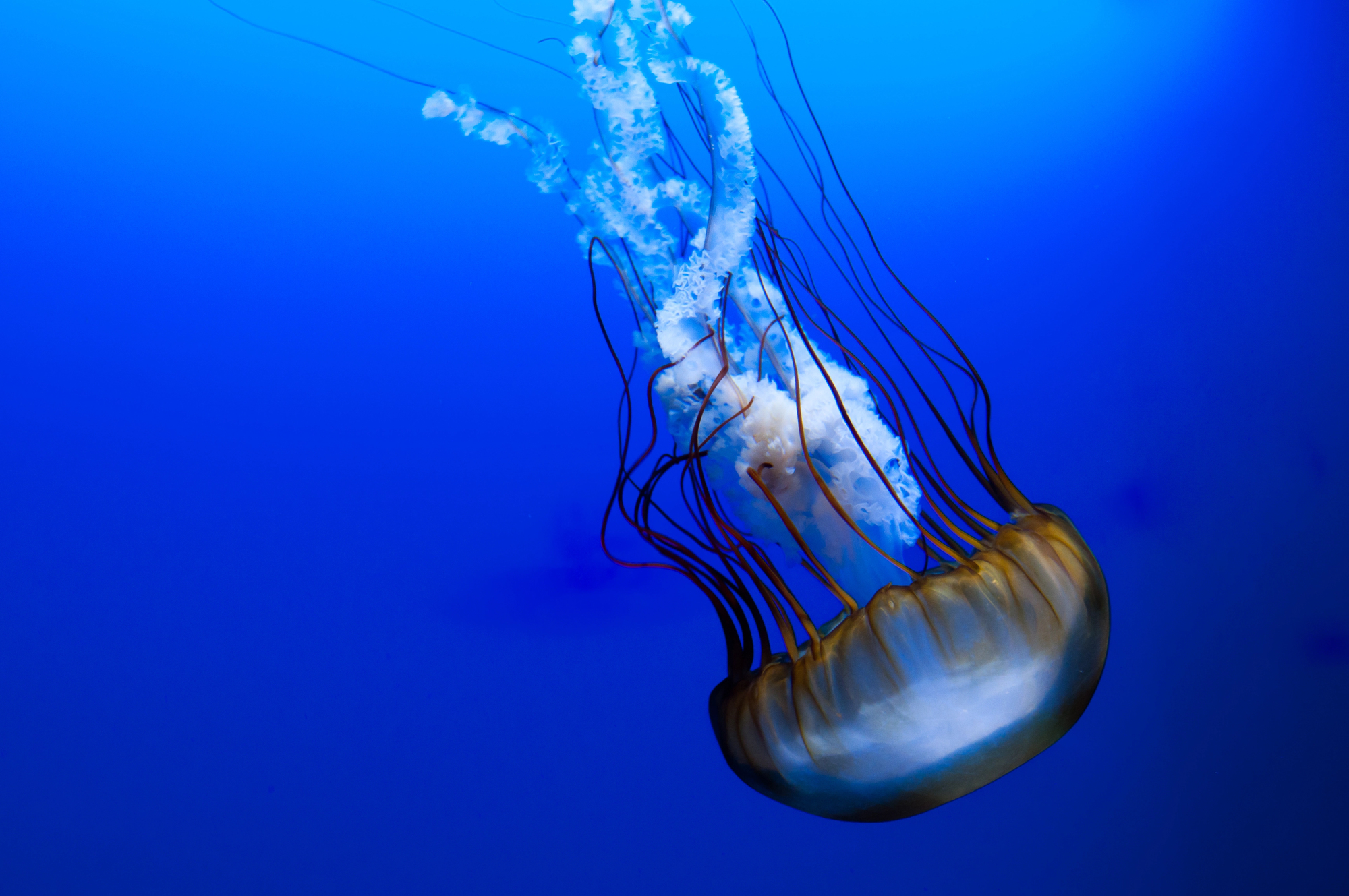In a recent column for Foreign Policy, international affairs theorist Stephen Walt wrote about the collapse of liberal democracy across the West, now giving way to a wave of populism, violence, and autocracy in the very countries that helped create it. Against this background the United States will choose its next President in November, with a major concern being that American foreign policy will be affected by this growing illiberalism. This article addresses what the outcome of the U.S. election may mean for Ukraine.
A Clinton administration would likely pursue the continuation of U.S. engagement around the globe roughly at the level we’ve seen for the past few decades. Were the policy of the U.S. toward Ukraine to remain the same as it has been under the Obama Administration, Prof. Alexander Motyl argues, this would not necessarily be a bad scenario. Although the Obama Administration has refused to send Ukraine lethal military aid, the sanctions it has implemented have had a serious impact on the Russian economy, with the EU sanctions costing an estimated 1.97% quarter-on-quarter GDP loss. Since moderates and right-wingers often perceive Obama’s foreign and defense policies as weak, Clinton will need to present herself as stronger than the current president if she wants to win undecided voters. This may mean stronger stances on Syria, China, the Iran deal struck in the summer of 2015, and a more proactive approach to Russian expansionism. Writing in Foreign Policy, James Taub points out that if Obama’s foreign policy is praised by the “realist” camp of international relations, then Clinton’s foreign policy might even be more in the direction of the conservative camp:
Philip Gordon, Clinton’s former assistant secretary for Europe and Eurasia and later a national security advisor to Obama, says, “Obama is, instinctively, not liberal, but almost revolutionary. Clinton is instinctively more conservative.” He uses the example of America’s relationship with Russia. Clinton was always on the bleak side of the spectrum of opinion about what could be gained from the “reset,” though she was eager to explore the possibilities. The corollary of the reset was the need to reassure Eastern European allies and preserve NATO solidarity. Clinton, as Gordon puts it, “was quite happy to be the guardian of the corollary.”
After all, Clinton does have extensive foreign policy experience, having served as President Obama’s first Secretary of State from 2009 to 2013. Clinton’s tenure as America’s chief diplomat remains both a blessing and a curse for her 2016 campaign. She is particularly criticized for the “Russia Reset” or “Peregruzka” policy, which was aimed at forging a fresh relationship with the Kremlin while taking advantage of the fact that Vladimir Putin seemed to be taking a back seat to Dmitry Medvedev. That the policy was largely an initiative of the White House — and not of the State Department — should assuage the concerns of those who think that the Peregruzka might portend Clinton’s weakness on Russia issues. In fact, Michael McFaul, one of the White House’s chief architects of the Rest policy and now a former U.S. Ambassador in Moscow, has said in strong terms that the next president should not pursue “another reset with Russia; . . . it would be the wrong policy pivot this time around.”
Clinton has said that it is “imperative” that the U.S. back a “unified Ukraine,” explaining that stronger support from the U.S. will be necessary in order for Ukraine to succeed against Russian-led separatists. Current sanctions policy, for example, is expected to be extended, as is American pressure on Brussels to maintain a united front. In fact, one of the co-authors of a report calling for the U.S. to arm Ukraine — Michèle Flournoy, who has served as Under Secretary of Defense for Policy — is likely being considered for Clinton’s Secretary of Defense.
The official positions of the national Democratic Party on Russia and Ukraine are clear and strong. The official party platform, released July 21, 2016, contained the following passage:
Russia is engaging in destabilizing actions along its borders, violating Ukraine’s sovereignty and attempting to recreate spheres of influence that undermine American interests. . . . Donald Trump would overturn more than 50 years of American foreign policy by abandoning NATO partners — countries who help us fight terrorism every day — and embracing Russian President Vladimir
Putin instead. We believe in strong alliances and will deter Russian aggression, build European resilience, and protect our NATO allies. We will make it clear to Putin that we are prepared to cooperate with him when it is in our interest—as we did on reducing nuclear stockpiles, ensuring Iran could not obtain a nuclear weapon, sanctioning North Korea, and resupplying our troops in Afghanistan — but we will not hesitate to stand up to Russian aggression. . . . We reject Donald Trump’s threats to abandon our European and NATO allies, all while he praises Putin.
However, there are those who see Hillary Clinton as the Kremlin’s candidate. Ilya Ponomarev, the only Member of the Russian Duma not to vote for the annexation of Crimea, points to the Clintons’ close ties to the Podesta Group, a US lobbying firm which worked for Russia’s largest bank, Sberbank, which is majority owned by the Russian Central Bank and currently under EU and US sanctions. The lobbying group’s founder, John Podesta, was Chief of Staff to Bill Clinton and is now the Chairman of the 2016 Clinton campaign.
In addition, there are also questions about the access that Viktor Pinchuk will have to the President, since he is one of the largest foreign donors to the Clinton Global Initiative. Speaking at the Ukrainian Institute for the Future, Lincoln Mitchell said that although Pinchuk will likely not have direct access, given the magnitude of his donations “it is hard to imagine that a phone call [from him] won’t get answered.”
The Republican nominee for President Donald Trump speaking at the 2015 Conservative Political Action Conference. Photo: Gage Skidmore.
The possibility of a Trump presidency presents a serious threat for countries that may find themselves the objects of Russian aggression. Trump’s foreign policy adviser Walid Phares explicitly told Deutsche Welle that the candidate does “not yet” have a Ukraine policy. That said, the Trump campaign has made clear statements about what he would like to see happen with Ukraine. For example, Phares said that Germany should take over whatever role the United States is currently playing regarding the Donbas peace process (it is noteworthy that the adviser seemed to be unaware that Germany’s role is already key, that it is part of the Normandy Format while the U.S. is not, and that Germany holds the OSCE chairmanship for 2016). In addition, the Trump campaign has not lost an opportunity to disparage what the candidate calls “the dangerous idea that we could make Western democracies out of countries that had no experience or interest in becoming a Western Democracy.” Catering to the immediate concerns of certain Western European countries’ right-wing parties, many of which enjoy Russian financial support, Trump’s foreign policy statement calls NATO’s mission outdated, since the focus out to be on “migration and Islamic terrorism.”
On July 18, the Washington Post reported that the Trump campaign had removed pro-Ukrainian language from the Republican Party’s platform in the week leading up the convention. Conversely, the vast majority of Republican foreign policy voices in Washington support giving Ukraine lethal weapons. The Trump campaign removed language supporting the arming of Ukraine, and it even excised the seemingly innocuous passage from the platform that read, “Today, the post-Cold War ideal of a ‘Europe whole and free’ is being severely tested by Russia’s ongoing military aggression in Ukraine. The Ukrainian people deserve our admiration and support in their struggle.” This is shocking not only because the language was relatively neutral, but because the Trump campaign had heretofore paid little attention to the substance or content in general, usually being rather indifferent to the party platform. The New York-based diaspora publication The Ukrainian Weekly published the following communication it received from the office of U.S. Representative Bill Pascrell Jr., a Democrat:
I am shocked to learn [Trump’s] campaign worked behind the scenes to water down language supporting Ukraine’s fight against Russian and rebel forces in their party platform. As someone whose top aide [Paul Manafort] has long and deep reported ties to pro-Russian politicians in Ukraine, and who had made cavalier compliments for brutal strongmen like President Vladimir Putin, Donald Trump’s rhetoric and actions shows he would be dangerous for protecting human rights and democracy across the globe. Instead of rolling back support for our allies in Ukraine that would strengthen Russia’s hand, it is vital the U.S. act to prevent Ukraine from descending further into chaos.
Indeed, Trump has stated explicitly that he is “certainly not a fan of us being against Russia,” with whom the U.S. should work to fight “the horror of Islamic terrorism.” More worrying is the fact the Trump does not appear to take issue with Putin’s authoritarian tendencies: Trump would give him an “A” in leadership. In return, Russia has signaled its own strong interest in the outcome of the election. Traditionally foreign diplomats avoid domestic politics, but the Russian Ambassador in Washington attended Trump’s foreign policy speech in April, during which the candidate said he would end “this horrible cycle of hostility” between the U.S. and Russia.
A particular source of concern is Trump’s disproportionately close financial ties to Russia. Here’s a sampling of those ties, taken from a piece in the Washington Post:
- “In 1996, Trump tried to partner with U.S. tobacco executives to build a luxury condominium complex in Moscow.”
- “In 2005, Trump signed a one-year deal with a New York development company to explore a Trump Tower in Moscow.”
- “In his 2008 speech, [Trump’s son] Donald Jr. announced that he had traveled to Russia six times in the previous 18 months in hopes of striking a deal.”
- “Trump also sold a mansion in Palm Beach in 2008 for $95 million to Russian oligarch Dmitry Rybolovlev, according to property records.”
- “In 2013, Trump found a new Russian partner for a Moscow real estate project, Aras Agalarov, an Azeri-born real estate developer who is sometimes called the ‘Trump of Russia’ for his tendency to emblazon his name on his development projects.”
Finally, Trump has assembled a team of advisors with similarly strong connections to Russia. Campaign manager Paul Manafort has been called “a worry for the Secret Service” because of his proximity to Ukrainian oligarchs allied to Putin. Anders Aslund told Slate that Manafort was Yanukovych’s closest political advisor. Hired in the mid-2000’s by the Party of Regions to help them with their electoral campaigns, Manafort’s task was to remake Yanukovych into an electable candidate. Manafort oversaw Ronald Reagan’s “Southern Strategy,” an appeal to the racism of white southerners through coded language. Manafort re-used this strategy, this time exploiting the differences between Ukrainians in the country’s East and West: Slate writes that Manafort “encouraged his candidate to make an issue of imagined abuses” — among whites for Reagan, among Russian speakers for Yanukovych.
Another of Trump’s advisers in the New York Primary was Michael Caputo, who spent much of the 1990s working for organizations supporting Russian President Boris Yeltsin. In 2000, he worked for Gazprom Media to reshape the United States’s image of Vladimir Putin. And Carter Page, one of Trump’s foreign policy advisers, also spent time working on major deals for Gazprom between 2004 and 2007. In a blog post, Page wrote that the crisis in Ukraine was brought about by Western meddling in Eastern European affairs, and that Russia’s behavior in Crimea and Donbas were reactions to Western provocations. Speaking to Bloomberg News, Page said that a Trump presidency would be financially beneficial to “some of his Russian associates who have been hurt by U.S. sanctions imposed in 2014 after Russia’s intervention in Ukraine,” adding that “there’s a lot of excitement in terms of the possibilities for creating a better situation.”
All of this leads Jonathan Chait, in a column for New York Magazine, to half-jokingly ask whether Donald Trump is working for Russia. Chait points out that the ties between Trump and Putin “fit the pattern Vladimir Putin has used to infiltrate and undermine governments elsewhere.” And after it was revealed in the days leading up to the Democratic Convention that Russian state-sponsored hackers had infiltrated the Democratic Party’s computer systems, The New York Times’ chief Washington correspondent wrote that until Friday, July 22, the charge that the Vladimir Putin was trying to interfere in the election, with its eerie suggestion of a Kremlin conspiracy to aid Donald J. Trump, has been only whispered. But the release on Friday of some 20,000 stolen emails from the Democratic National Committee’s computer servers, many of them embarrassing to Democratic leaders, has intensified discussion of the role of Russian intelligence agencies in disrupting the 2016 campaign.
It’s important to note that historically the Republican Party has been very strong in its support of Ukraine, and many diaspora Ukrainians tend to vote Republican. Donald Trump’s White House would probably contain many pro-Ukrainian voices from the party. And Trump does not hesitate to point out that after making many of his controversial comments about Putin, his campaign promptly issued clarifying statements, explaining that Trump does not in fact support the Kremlin’s often authoritarian tactics.
The uncertainty in the outcome of the election presents a concrete challenge for Ukraine. If Trump is expected to win, Putin may wait until after the inauguration on January 20th, 2017, to make a big play in Ukraine: the Trump Administration will not object, and Germany will no longer have the OSCE chairmanship.
However, if the polls continue show that Clinton is more likely to win — as of July 28, she has a 60.2% chance of winning the general election, according to Nate Silver’s polls-plus forecast — then the best time for strong moves in Donbas would be the two-month period between the election in November and the inauguration. Outgoing presidents are particularly concerned with the legacies — George Bush was unwilling to take a meaningful stand in the Georgian-Russian war in the fall of 2008, and Obama wants to be remembered as the president who re-opened diplomatic relations with Cuba, struck a landmark deal with Iran, and scaled down the American military presence abroad. Putin certainly knows that as Obama’s term draws to a close, the Administration will be less likely to allow the US to be dragged into a violent conflict.
Obama meeting with Putin at the G8 summit in Ireland in June of 2013. Photo: Pete Souza.
Thus, the U.S. presidential election will indeed have significant implications for Ukraine. From now until November, there are a few key things to watch out for: political mobilization of hyphenated Americans, especially those descendent from Eastern European immigrants; changes in Kremlin rhetoric reflecting the candidates’ evolving chances of winning; and finally, an increased urgency on the part of Germany, the OSCE, and U.S. State Department to “solve” the conflict in Donbas before election day.
Attention
The author doesn`t work for, consult to, own shares in or receive funding from any company or organization that would benefit from this article, and have no relevant affiliations





